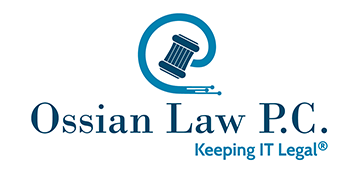A New Twist on Cybersquatting: The Anti Cybersquatting Consumer Protection Act (“ACPA”) is now 15 years old. Most ACPA violations involve a party who registers a domain that is the same or similar to another’s trademark who then tries to profit by selling the domain to the trademark owner. There is a required “bad faith” element in the ACPA.
A recent court decision holds the ACPA has a broader scope. Atigeo LLC, a software company, holds a federally registered trademark for “Atigeo” and operates a website at www.atigeo.com. Atigeo and its President, Michael Sandoval, filed an ACPA claim against Dennis Montgomery, a former employee of Atigeo and Montgomery’s company, Offshore Limited.
Sandoval had declined Montgomery’s invitation to invest in Offshore and, according to the complaint, Montgomery made verbal threats upon leaving Atigeo. Thereafter, Montgomery registered the domain “atigeo.co” and began posting allegedly false statements about Atigeo and Sandoval’s business practices. Defendants moved to dismiss on the basis that there was no showing of bad faith in that they never tried to profit through use or sale of the domain.
The court denied the motion, holding that registering a domain in order to gain leverage in a business dispute can satisfy the bad faith requirement of the ACPA. The case is yet to be decided on the merits. To review the court’s decision on the motion, click here.
Contact us at Ossian Law P.C. regarding social media law or any other information technology law question.
